The content of the article
Pregnant women should be wary of the advice of traditional medicine. Many herbs can cure a variety of diseases, but can also cause serious harm. This also applies to sage, an extremely popular medicinal plant. The healing properties of sage people appreciated several centuries ago. European doctors treated with his help many internal and external diseases.
Types and chemical composition of sage
This medicinal plant belongs to the family of Labiaceae, grows in the form of grass or shrub. Around the globe grows about 700 species, mainly in the tropics and subtropics. On the territory of our country about 80 species are known that grow on dry mountain slopes.Salvia officinalis, nutmeg, sparkling, bright red are most familiar to all of us. Many herbalists consider sage as a panacea for a number of diseases. The active substances contained in the leaves have anti-inflammatory, hemostatic, astringent effects, and have a positive effect on the work of many body systems.
The popularity of the plant is due to its chemical composition.
Sage leaves contain:
- tannins;
- from 0.5 to 2% of essential oils;
- ursolic and oleanolic acids;
- alkaloids;
- phytoncides;
- flavonoids;
- folic and ascorbic acid;
- trace elements;
- mineral salts;
- vitamins K, PP, B6, B1, etc.
Sage properties
This plant is cultivated to obtain from the inflorescences of the essential oil used in the liquor-vodka, tobacco, confectionery and pharmaceutical industries. Sage helps to cure colds, replenish vitamins, strengthen the immune system, improve the functioning of the digestive tract.
That is why the most popular decoctions and tinctures of sage received in medicine:
- Sage leaves have an antibacterial effect, they are used to disinfect wounds, to treat diseases and skin irritation from an early age.
- Due to its anti-inflammatory properties, decoction is used to rinse sore throat and teeth.
- The phytohormones contained in the leaves have a positive effect on the hormonal background of women, reduce inflammation of the organs of the female reproductive system. Apply without prior examination of the level of hormones in the body of a woman is undesirable; preliminary consultation with a specialist is necessary.
- Sage reduces lactation, it is used to force a soft cessation of milk production, if necessary.
- Sage decoction tincture reduces sweating.
- It has a tonic effect on the body, improves resistance to infections.
- Provides hemostatic property.
- Regulates the work of the digestive system.
- It has a diuretic effect, helps reduce edema.
- It has a mild sedative effect.
- It alleviates the condition of the patient with respiratory diseases.
The benefits of using sage during pregnancy
During pregnancy, most expectant mothers try not to use pharmaceutical preparations, but to replace them with folk remedies, for example, as popular as sage decoction.How justified is this?
In some cases, during the period of carrying a baby, you can use a sage decoction with health benefits:
- If you are faced with the problem of varicose veins, your legs become swollen in the evening, take a bath before going to bed. To make this, pour 4 tablespoons of dried leaves with two liters of boiling water. Hold the mixture under a lid for 30 minutes. Strain, pour into a bowl, hold the feet in the broth for 15–20 minutes.
- When pain in the throat is useful to rinse the mouth with infusion. One tablespoon of leaves pour a glass of boiling water, wait for 20 minutes, filter. Wash your throat several times with warm water.
- It relieves your condition when you cough inhalation. During this procedure, the active ingredients do not enter the bloodstream. Pour a couple of spoons of grass with a liter of boiling water, breathe this mixture through a funnel. You can use essential oil by adding a few drops in a glass of boiling water. The greatest therapeutic effect is observed when using an inhaler or nebulizer.
- Inhalation of the aroma of essential oils relieves nervous tension, facilitates falling asleep.If you have an aroma lamp, put a few drops of sage oil into it.
- Broth can rinse your hair to add shine, rubbing sore or coarse skin.
If you have doubts about the safety of this medicinal herb, consult your doctor. This will help you to choose the right treatment tactics, eliminate the likelihood of individual intolerance.
Is sage dangerous during pregnancy?
Obstetricians-gynecologists do not recommend the use of sage during pregnancy, as it carries a specific danger to the woman and the unborn child. Despite the widest use of infusions and decoctions of sage, it is necessary to use it during pregnancy with great care:
- Sage leaves affect the concentration of hormones, can be the cause of spontaneous abortion.
- It is necessary to consider the functioning of the thyroid gland. If it is broken, sage is able to exacerbate the situation.
- Contraindications for the use of this medicinal plant are inflammatory processes in the kidneys - pyelonephritis, nephritis, glomerulonephritis.
- Sage is contraindicated in dry cough. With a cold, accompanied by a wet cough, it facilitates the discharge of sputum.
- The plant is able to increase blood pressure, in case of hypertension its use is prohibited.
- Long-term (over 3 months) intake of infusions and decoctions of sage is undesirable.
- During pregnancy, it is recommended to use the tincture only externally.
Side effects
Some of the initially beneficial properties of sage for a pregnant woman become dangerous:
- The main reason for the ban on the internal use of sage broth is its ability to reduce the concentration of progesterone and increase the level of the hormone estradiol. During pregnancy, this hormone is produced in an increased amount, its excessive concentration can lead to negative consequences, to miscarriage in the first weeks of pregnancy.
- Sage enhances the tone of the uterus, causes a contraction of its muscles. In the early stages of the use of grass can cause miscarriage. In the second trimester, the use of sage tinctures is less dangerous, but it can be used only on the recommendation of the attending physician, in no case exceeding the dosage and duration of treatment.The closer the term of childbirth, the more dangerous the impact of sage on the body of the future mother and baby. If sage is used for internal use in the final trimester, it can lead to premature labor or placental abruption.
- The use of tinctures of this medicinal plant inside increases blood clotting, which can provoke the formation of blood clots.
- Disruption of the blood supply of the future mother can cause a violation of the placental blood circulation, and, as a result, to an insufficient supply of oxygen and healthy substances of the infant. This will result in delayed development of the fetus.
Try not to use even lozenges for throat containing this herb. When resorption of candies, tablets, lozenges, the active substances enter the blood. They can have a negative effect on the fetus.
Many do not take phytotherapy as seriously as pharmaceuticals. This is a big mistake. The gifts of nature often contain the same active ingredients as tablets. All herbs have contraindications and side effects.
Do not forget that the decoction of any herb, including sage, is a medicine.Before you apply it, seek advice from your doctor. Even after childbirth, try not to drink sage tincture, as this can lead to a decrease in the amount of breast milk, and even the cessation of lactation.
Video: what herbs ruin the fetus during pregnancy

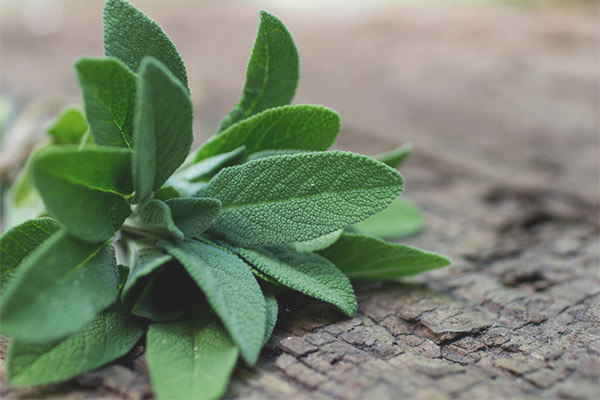
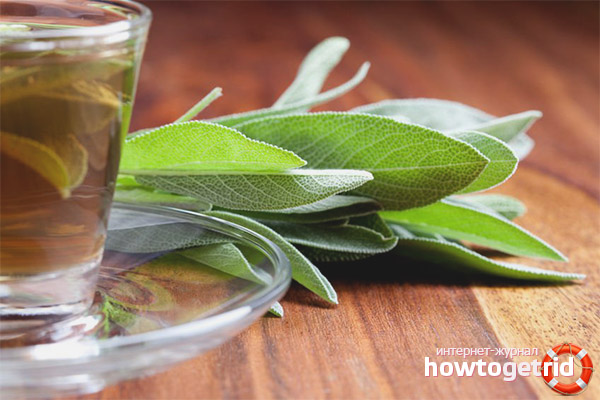
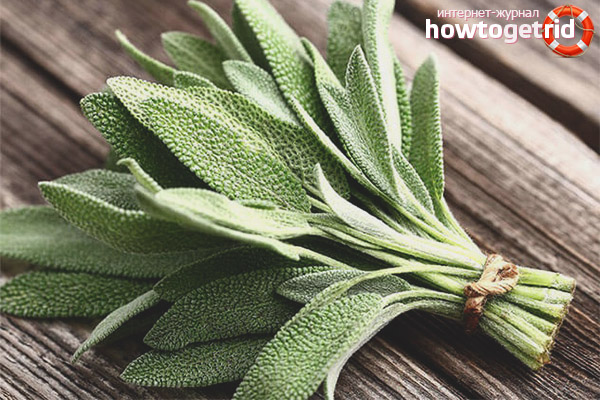

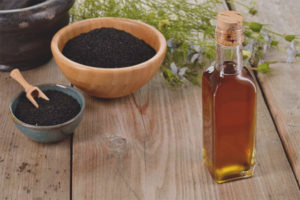

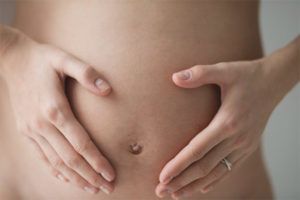





To send